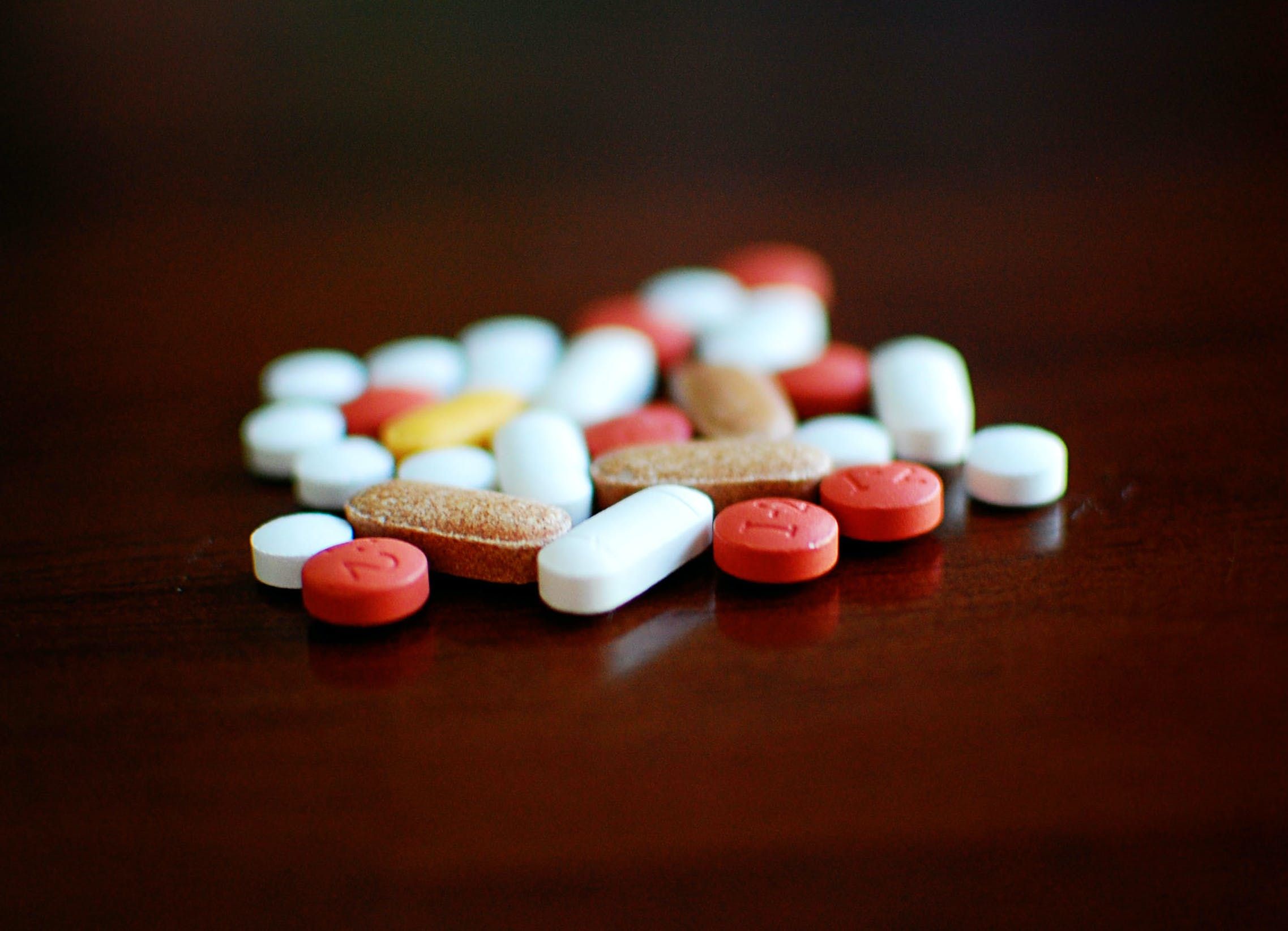Hormones affect everything from mood to metabolism—and cannabis may help keep them in balance. Learn how this plant interacts with your body’s endocrine system and what it could mean for hormone therapy.
Hormones play a huge role in how we feel every day—physically, emotionally and mentally. Whether you’re navigating menopause, dealing with a hormone imbalance, transitioning genders or managing cancer treatment, hormone therapy often plays a central role. And now, thanks to growing research into the endocannabinoid system (ECS), we’re starting to understand cannabis and hormones, and how weed might support traditional therapies—or offer an alternative altogether.
The ECS plays a key part in how hormones are produced and regulated. Since cannabis interacts with this system, it can potentially help manage hormone-related conditions by easing symptoms, restoring balance or even reducing reliance on traditional hormone treatments. Read on to learn more about cannabis and hormones.
Hormones 101
Hormones are chemical messengers that regulate countless processes in the body, from a reproductive processes to metabolism and mood. The endocrine system, which includes glands like the thyroid, adrenal and pituitary, produces and manages these hormones.
One of the most important regulatory systems is the hypothalamic-pituitary-gonadal (HPG) axis. It coordinates the release of key reproductive hormones like follicle-stimulating hormone (FSH), luteinizing hormone (LH), estrogen, progesterone and testosterone (you need all of these to conceive and carry a baby). But these hormones don’t just affect reproduction—they also impact bone health, brain function, muscle growth and more.
When this system gets out of balance, it can lead to conditions like early menopause, thyroid disorders or hormonal cancers. That’s where hormone therapy—and possibly cannabis—comes in.
Cannabis and Hormones: How They Interact
The ECS is deeply connected to the endocrine system. It helps regulate appetite, stress, sleep and—you guessed it—hormone levels. It’s made up of receptors (CB1 and CB2) found throughout the brain, organs and reproductive system.
Cannabinoids like THC and CBD mimic the body’s natural endocannabinoids and can influence how hormones are produced and released. CB1 receptors are especially concentrated in the hypothalamus and pituitary glands, which help control hormone signaling. The ovaries and testes also contain many cannabinoid receptors.
Because of this overlap, cannabis can affect hormone levels in complex ways. Low doses of cannabinoids may help bring balance to the system, while high doses—especially of THC—could suppress certain hormone levels, like testosterone. These effects can be both helpful and potentially disruptive, depending on the context.
Menopause and Hormone Replacement Therapy (HRT)
For many women, the transition into menopause brings hot flashes, night sweats, mood changes, trouble sleeping and irregular periods. Hormone replacement therapy (HRT) is often prescribed to relieve these symptoms by supplementing estrogen and progesterone levels. But for some, HRT isn’t a safe option—especially those at increased risk of hormone-sensitive cancers.
This has led many women to explore natural alternatives, and cannabis is high on the list. Anecdotal reports and early studies suggest that cannabis, especially CBD-rich products, can ease common menopause symptoms like anxiety, insomnia and joint pain.
Cannabis may also help regulate body temperature (which has the potential to reduce hot flashes), support sleep, reduce mood swings and ease vaginal dryness. Some research suggests that a deficiency in endocannabinoid activity might play a role in more severe menopause symptoms—meaning cannabis might help by filling in the gaps.
While more clinical research is needed (as always!), many women are already using cannabis to complement or replace HRT—sometimes reducing their need for sleep aids, painkillers or antidepressants in the process.
Other Hormone Imbalances
Hormone therapy isn’t just for menopause—it’s also used to treat growth issues, thyroid disorders, fertility concerns and more. These conditions often result from an over- or underproduction of certain hormones.
Because the ECS influences hormone-producing glands, cannabis may help to restore balance in some of these situations. For example, CBD’s anti-inflammatory and regulatory properties could support thyroid function, while low doses of THC may influence cortisol levels (our primary stress hormone).
That said, cannabis isn’t a cure-all. Its effects can vary widely depending on the dose, cannabinoid profile and individual health conditions. Anyone considering cannabis for hormone-related issues should talk to a knowledgeable health care provider.
Gender-Affirming Hormone Therapy
Transgender people undergoing hormone therapy typically take cross-sex hormones—testosterone for trans men and estrogen (along with anti-androgens) for trans women. These treatments are often lifelong and can greatly improve mental health and gender dysphoria—but they also come with risks, including cardiovascular issues, reduced bone density and potential tumor development.
Because cannabis can interact with the ECS and influence mood, inflammation and possibly bone health, it may offer additional support for transgender individuals undergoing hormone therapy. Some trans people use cannabis to manage stress, anxiety or pain related to their transition, or to reduce the side effects of medications.
Research on cannabis use in transgender health care is still limited, but early findings and community experience suggest it may be a valuable complementary therapy—especially when used with medical guidance.
Hormone Therapy in Cancer Care
Hormone therapies are also used in cancer treatment—particularly for hormone-sensitive cancers like breast or prostate cancer. In these cases, the goal is usually to block or reduce hormone levels that fuel tumor growth.
While cannabis doesn’t contain hormones itself, it may play a supportive role in cancer care by managing side effects like pain, nausea, anxiety and appetite loss. However, because cannabis can influence hormone levels—especially at high doses—it’s crucial for cancer patients on hormone therapy to work closely with their doctors when considering the addition of cannabis to their treatment plans.
An Important Consideration
Cannabis and hormones are deeply connected through the endocannabinoid system, but that connection isn’t always straightforward. While cannabis shows promise in supporting hormone health, it’s not one-size-fits-all.
The effects of cannabinoids vary based on dose, formulation and individual biology. As research expands, we’ll better understand how to use cannabis in harmony with hormone therapy for a range of conditions.
For now, anyone interested in exploring cannabis for hormonal issues should consult with a cannabis-informed health care provider who can help tailor treatment to your specific needs and goals.
Photo credit: Jaime






